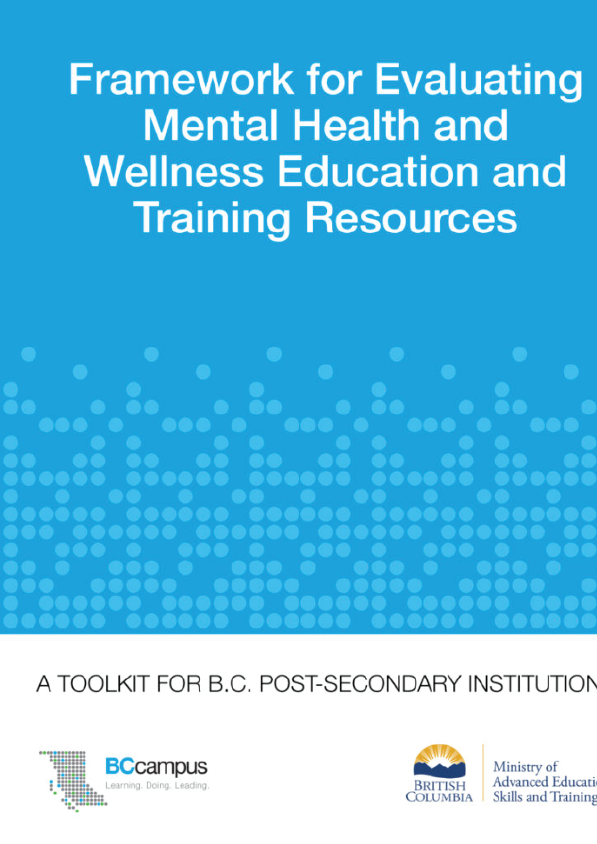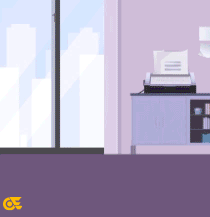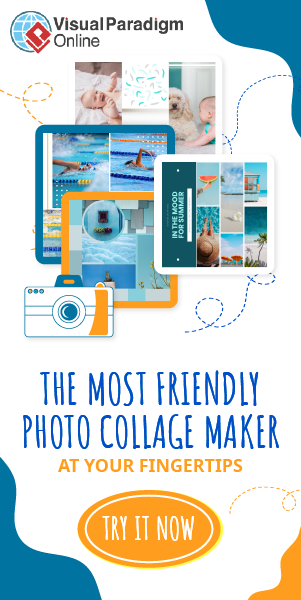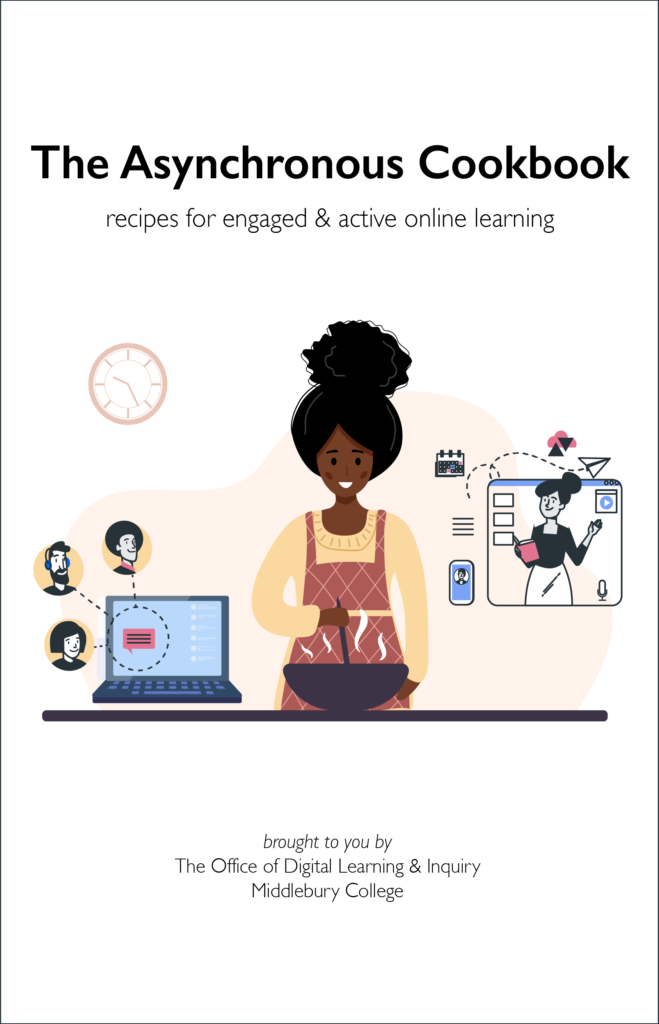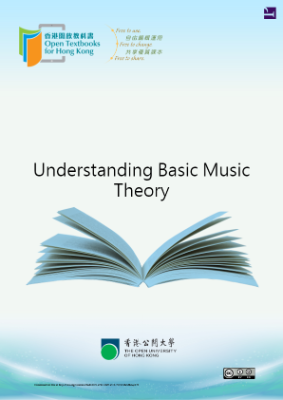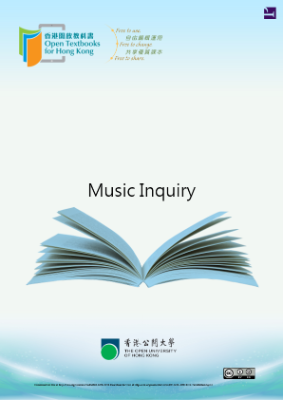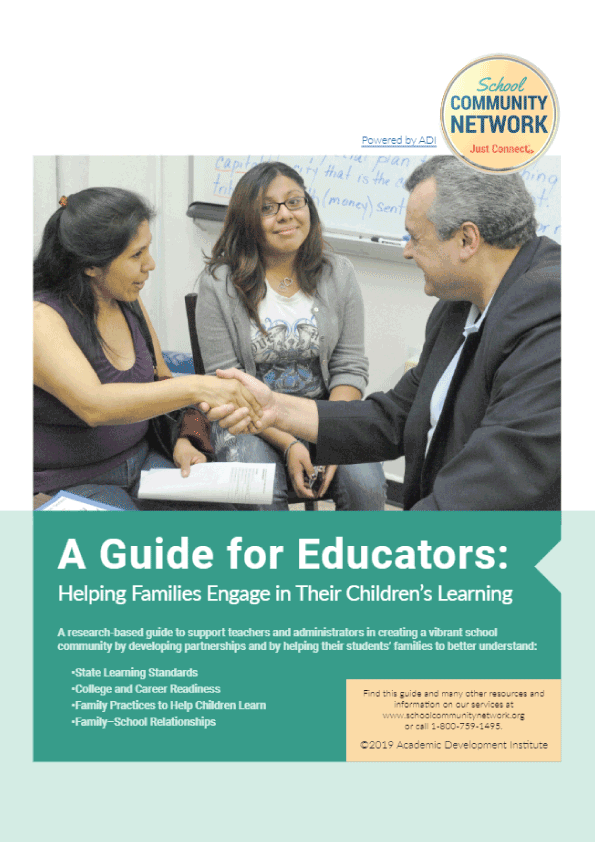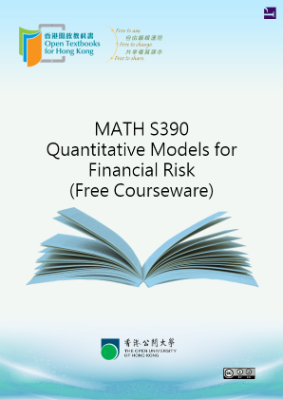The development of the Framework for Evaluating Mental Health and Wellness Education and Training Resources is supported by the Ministry of Advanced Education, Skills and Training and led by BCcampus and an advisory group of students, staff, and faculty from the B.C. post-secondary institutions.
The Framework for Evaluating Mental Health and Wellness Education and Training Resources is the first step in a process to evaluate education and training resources specifically designed for post-secondary institutions. The framework is part of phase one for two future projects:
- Evaluation of Education and Training Resources for Staff and Faculty to Support Student Mental Health and Wellness in the Post-Secondary Context: Phase One
- Evaluation of Resources for Mental Health – Student Mental Health and Wellness Training in the Post-Secondary Context: Phase One
These projects support the Ministry’s work with post-secondary institutions on several mental health and wellness initiatives as part of a government-wide approach to improve mental health and substance use services for British Columbians.
The Framework for Evaluating Mental Health and Wellness Education and Training Resources is intended to guide the evaluation and selection of mental health and wellness education and training resources to support students, staff, and faculty at B.C. post-secondary institutions. Specifically, this framework will guide the process of reviewing existing resources and identify gaps that will inform recommendations for the development of new resources.
The framework identifies the elements for selecting and creating resources for mental health and wellness education and training. It includes the following elements:
- Target audiences
- Guiding theories
- Six key principles
- Evaluation tool to guide the review of mental health education and training resources
- Glossary
- References
The broad audience is all students; however, specific groups were identified for whom a lack of resources is a key issue. International, Indigenous, and graduate students make up these specific groups.
- The most notable challenges for students are as follows:
- Finding the time and effort required to attend and “survive” school
- Mental load from uncertainty and external pressures
- Availability of resources that support different barriers
- Managing multiple demands
- Building day-to-day resilience (BCcampus, 2020)
The broad audience is all faculty; however, it was noted that frontline staff are in most need of mental health and wellness education and training:
Qualitative interviews revealed that student mental health training for faculty and staff was a gap particularly for sessional faculty and new employees. Furthermore, they highlighted that educating faculty to support student mental health in the classroom was an unmet need.
Moving from awareness to literacy is critical. The concept of health literacy is foundational to health-related learning (Nutbeam, 2020). Similarly, when we seek to educate about mental health and wellness, mental health literacy is the goal (Kutcher et al., 2016). A range of research shows the positive effects of mental health literacy and the negative impacts that result when it doesn’t exist (Coles et al., 2016; Gulliver et al., 2019; Brijnath et al., 2016).
We propose a fifth component to mental health literacy: critical mental health literacy. Building on the concept of health literacy (Nutbeam, 2000), critical mental health literacy refers to the skills and knowledge needed to advocate for change in an environment, which may result in improved mental health and wellness.
As we work to curate and develop mental health and wellness education and training resources for students, faculty, and staff, the goal should be to increase their mental health literacy.
